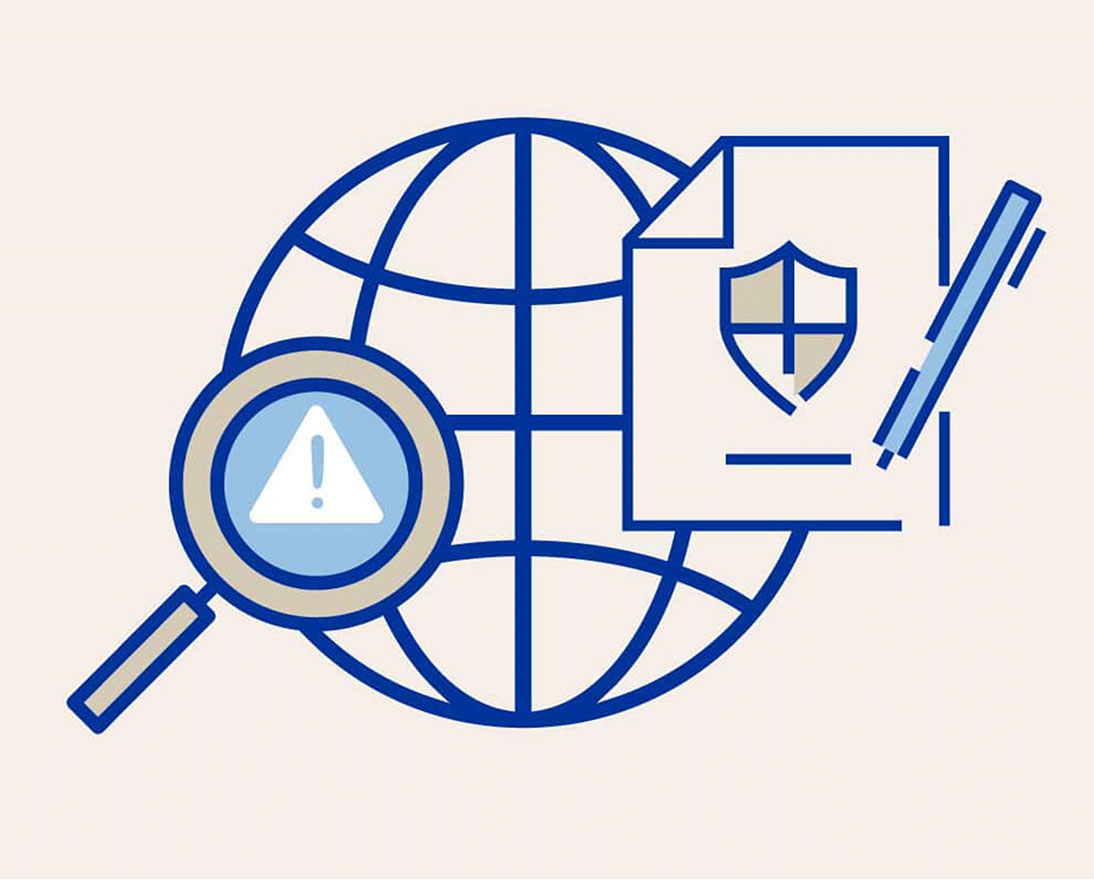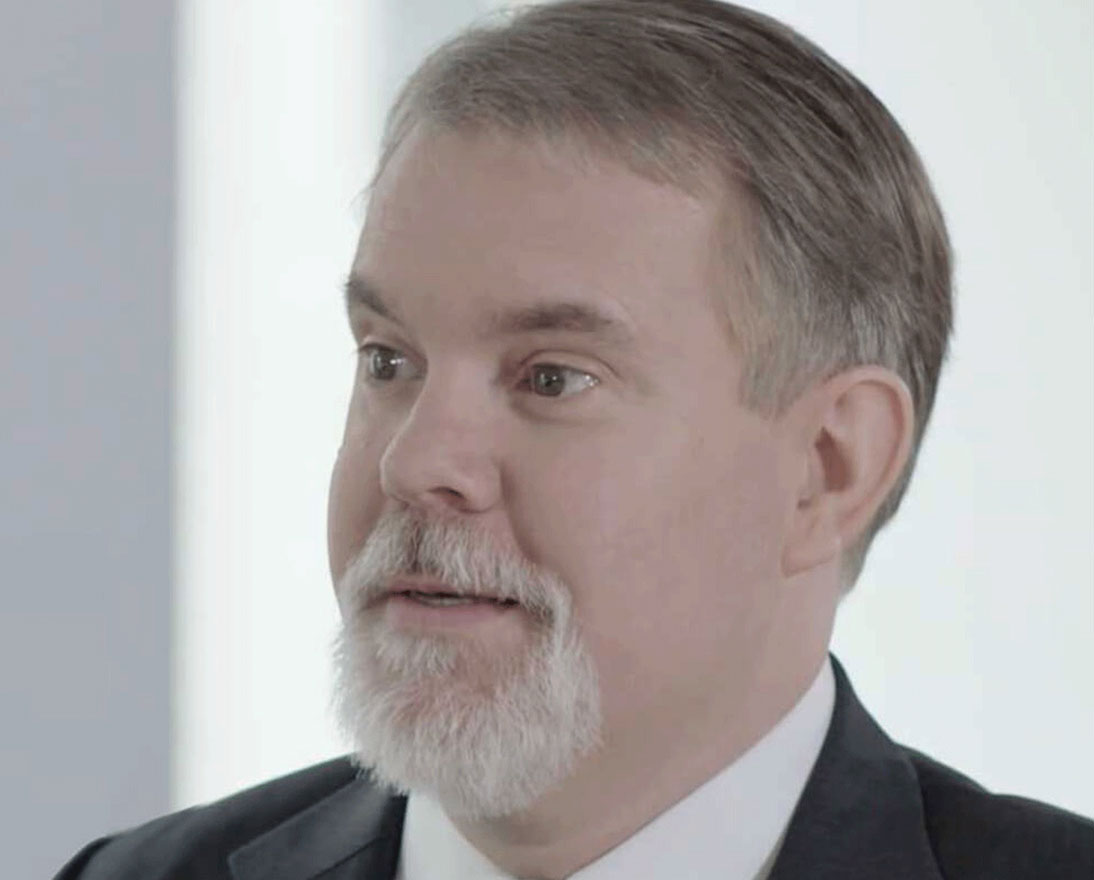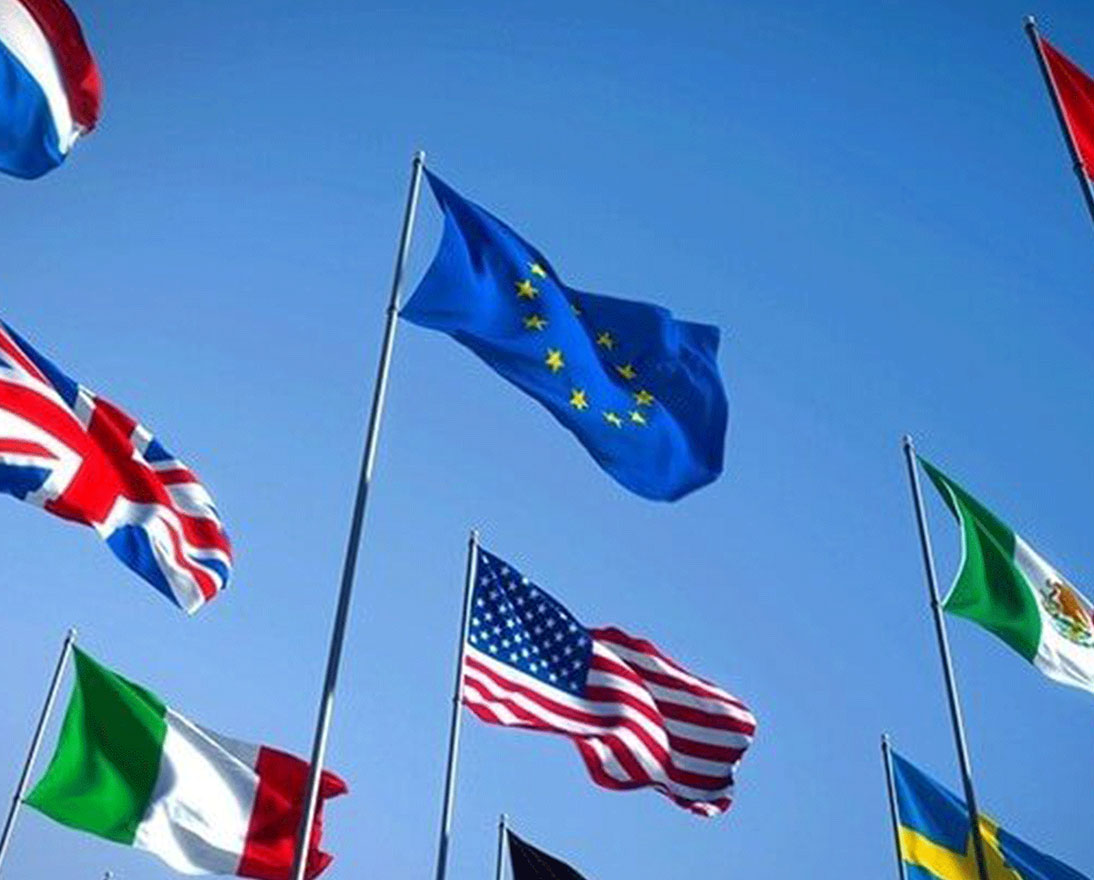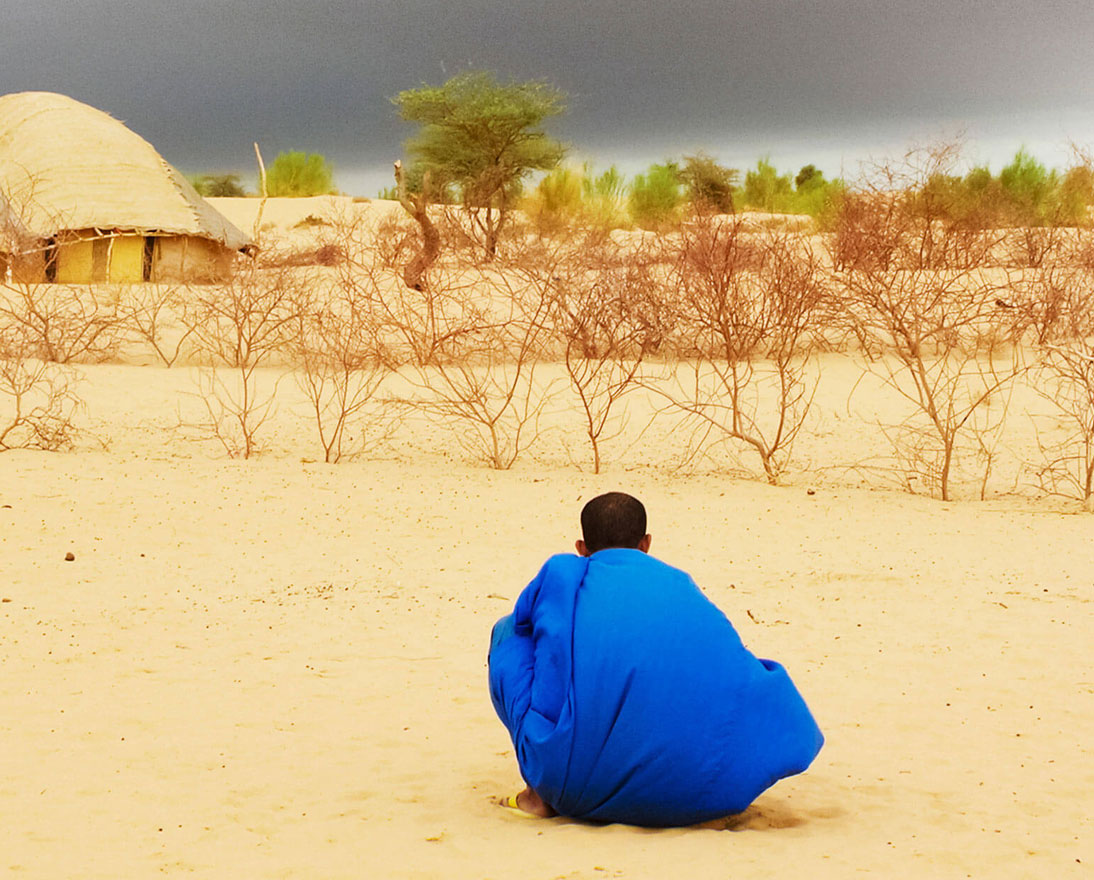Our world transformed: geopolitical shocks and risks
Global risksReportApril 24, 2017
Geopolitical turmoil today is worrying and this risk is not likely to subside soon. Zurich, together with the Atlantic Council, has developed a report with insights into the geopolitical risks.
No one can be complacent about geopolitical risks these days. It is a big topic for multinationals: some organizations significantly improved in building their risk assessments, but still a clear majority of companies does not have full visibility of their political risk management. As shown in the Global Risks Report 2017, failure of national governance is placed by executives in 37 countries in the top-3 highest risk to doing business. The shocks and surprises of the past few years show how easily assumptions about liberal markets, international relations, conflict, and democracy can be shaken. Geopolitical volatility has become a key driver of uncertainty, and we expect it to remain one over the next few years.
In 2017 Zurich worked with the Atlantic Council to develop insights into selected risks with geopolitical consequences and interconnections. In the study “Our World Transformed: Geopolitical Shocks and Risks” we examine the growing risks of protectionism, energy crisis, and water and food scarcities. While the threat of growing protectionism is a daily feature in the news, an energy crisis resulting from the worsening Middle East situation or the spread of water scarcity could also disrupt the world.
Geopolitical risks are interrelated, so they need to be looked at holistically in the context of other risks. Understanding the connections between different kinds of risks is a vital step in managing them and avoiding surprises. There are numerous interconnections explored here: water and food scarcities are perhaps the most interrelated, but escalating China-US tensions would greatly increase the risk of protectionism, and energy and water shortages would be aggravated by increasing trade barriers. There are also interconnections between water and energy in that water systems often require energy sources to be able to operate.
Scenarios are a critical device for mapping the ways risks can balloon into full-scale crises. Scenarios can show how single risks can trigger scores of others. Nobody can ignore “large impact but small likelihood” scenarios. All too frequently, those “black swans” have indelibly recast the geopolitical landscape.
For each scenario, this study measures possible outcomes in terms of consequences for global gross domestic product (GDP), extreme poverty, middle-class growth, and country stability — at a global level and, in specific cases, at regional and country levels. Comparing the geopolitical scenarios and their impacts provides a better sense of the scale of the different risks.
This study concentrates on global risks. More regional sets of risks — such as the evolution of Europe — could also have global consequences, but have been excluded in order to better focus on large-scale global risks.
The method used to quantitatively evaluate the geopolitical risks is drawn from the International Futures (IFs) model, housed at the Frederick S. Pardee Center for International Futures at the University of Denver. The IFs tool is an integrated assessment model, meaning that it quantitatively connects variables across countries, time, and issue areas, to create a macro-level framework for thinking about how geopolitical risks are likely to unfold.
In concluding analysis of each scenario, this study’s authors sketched out possible risk management strategies that governments and businesses could use to mitigate the negative consequences of risks. It is important for companies, as well as governments, to understand the triggers, trends, and scenarios for which to look out, and to prepare for the possible consequences of any of those risks. This should help boards and risk managers better understand the potential impact of various geopolitical risks on their financial and physical assets, operations including supply chains, and people.
This is the third in a series of reports in which there has been a collaboration between Zurich Insurance Group, the Washington-based Atlantic Council, and the University of Denver’s Pardee Center examining the proposition of whether global risks are growing faster than global economic growth. The first report, published in September 2015, focused on cyber risks. A second, on changing demographic risks, was published in September 2016.






